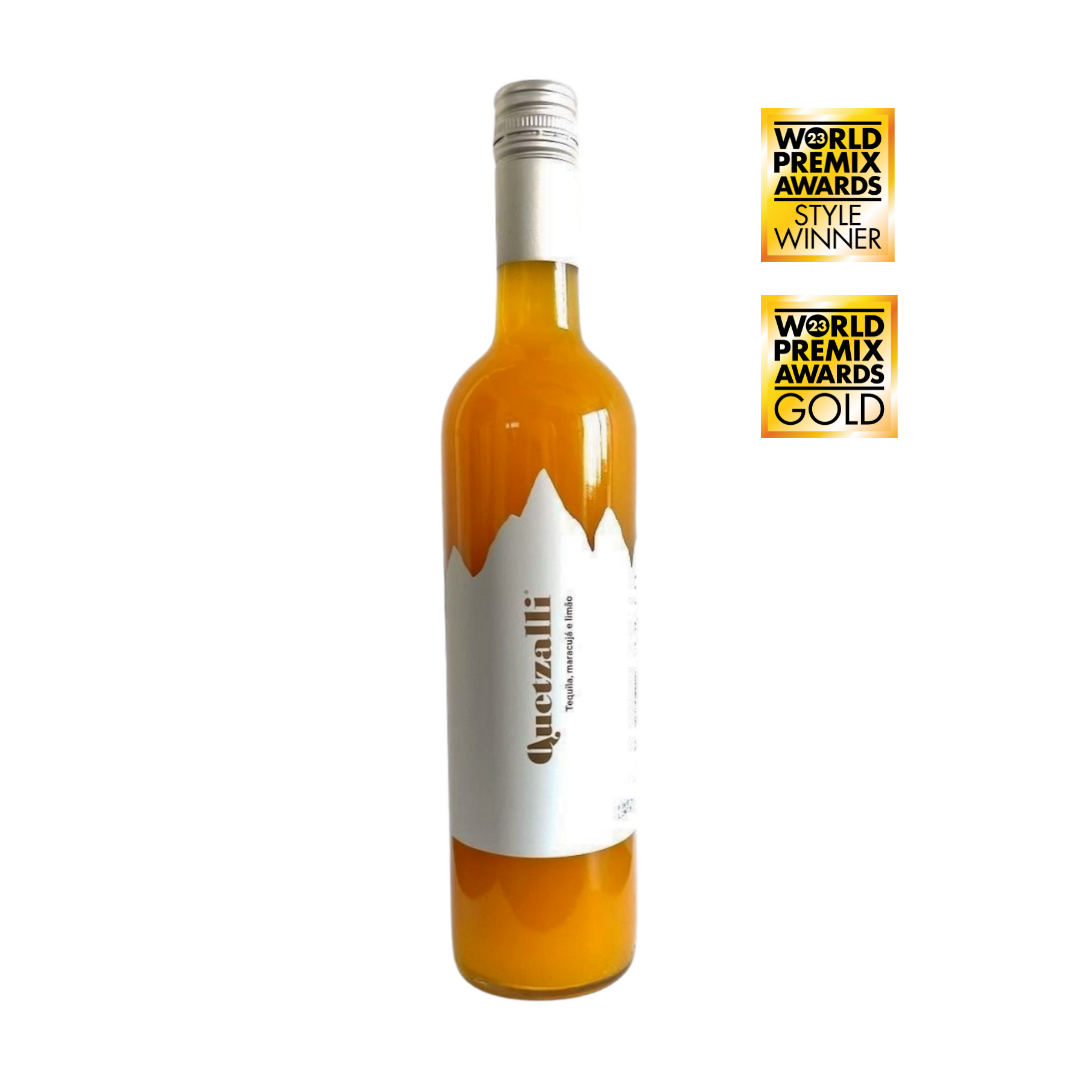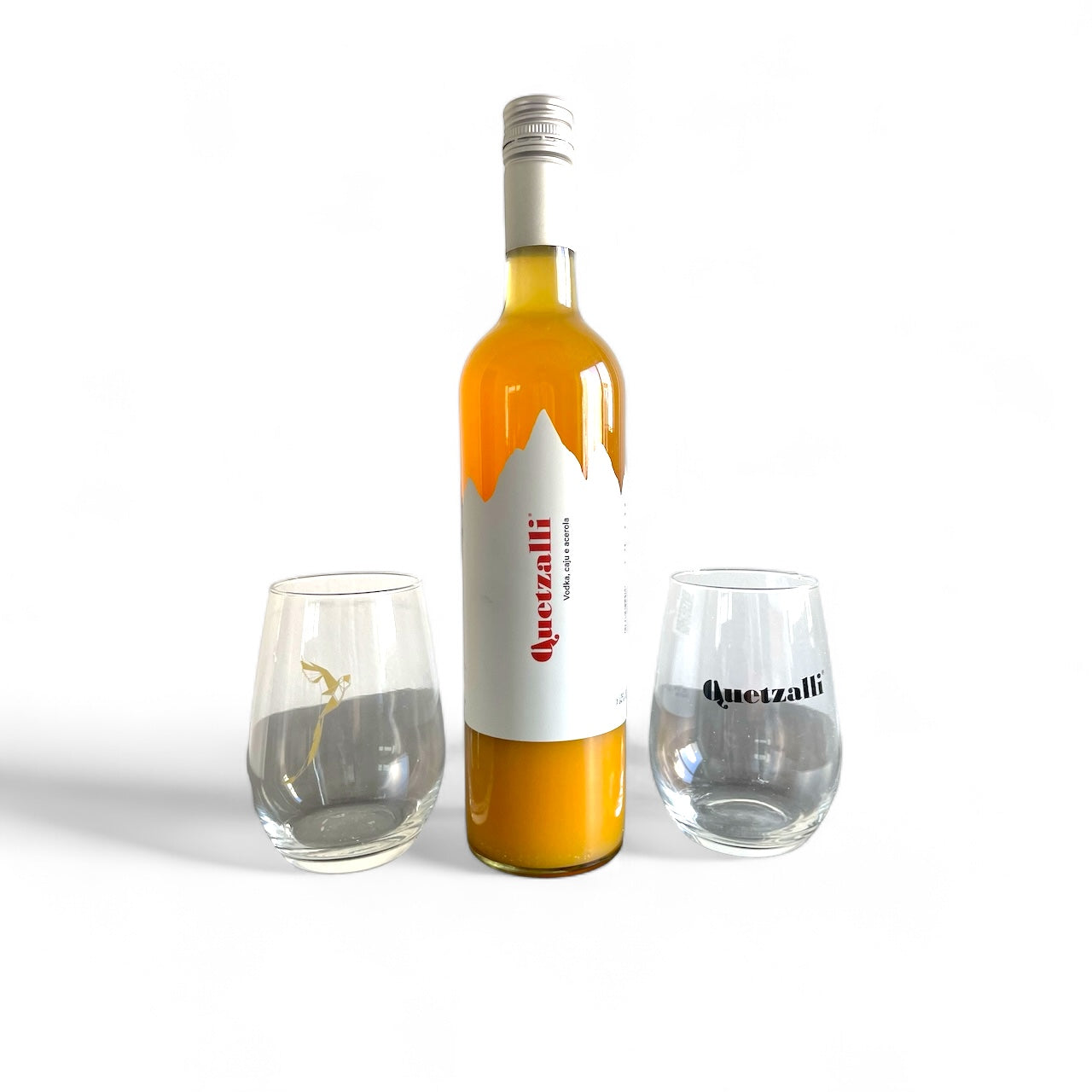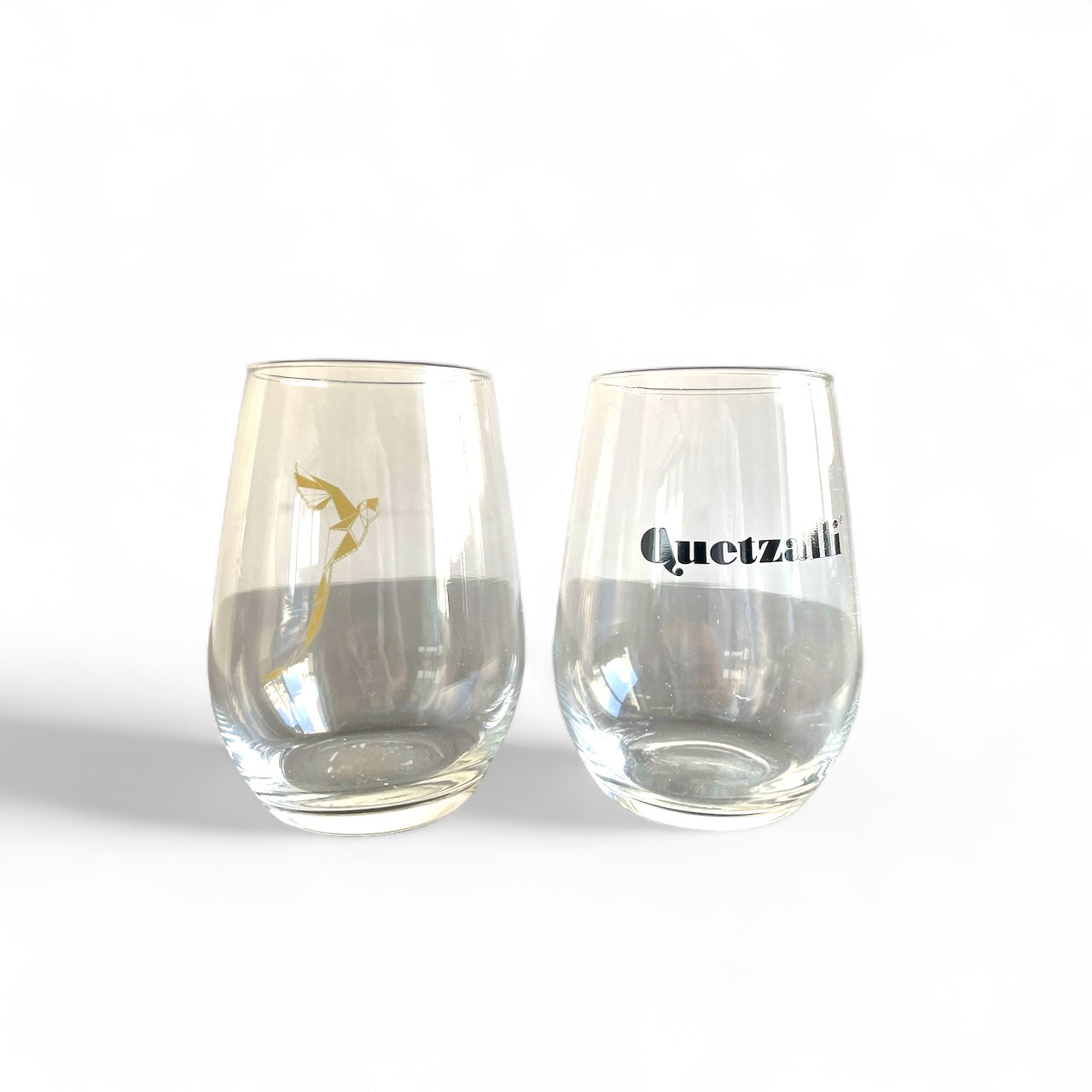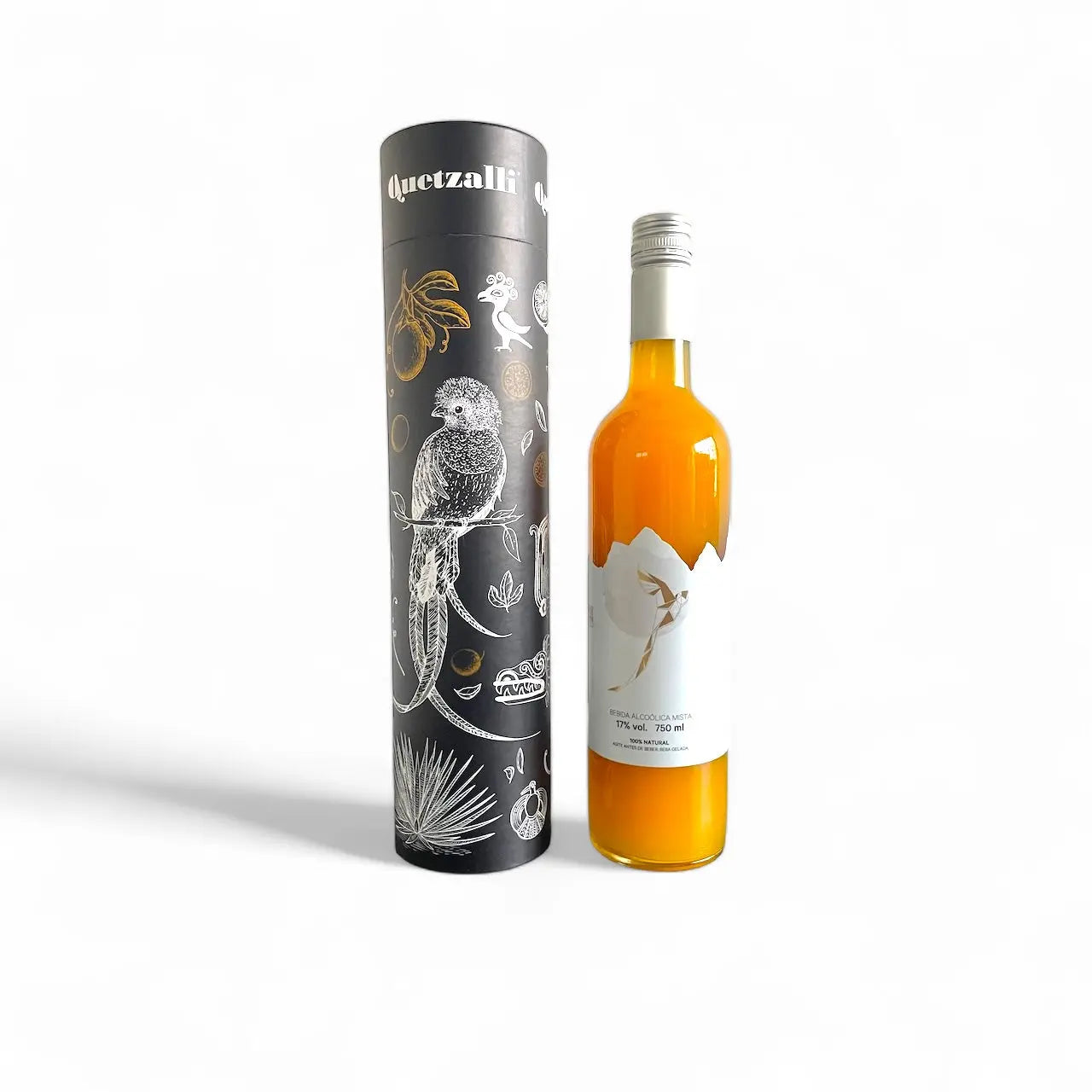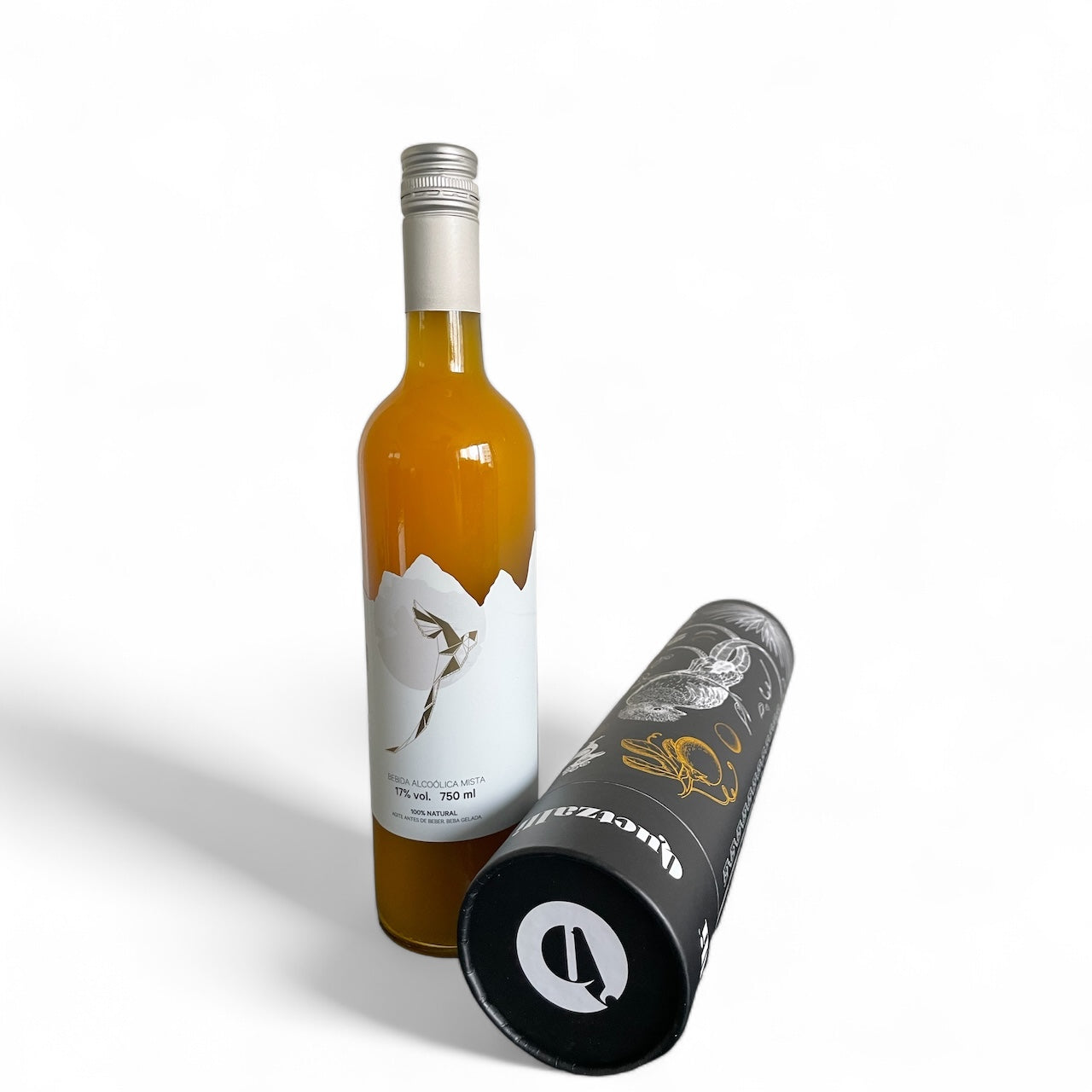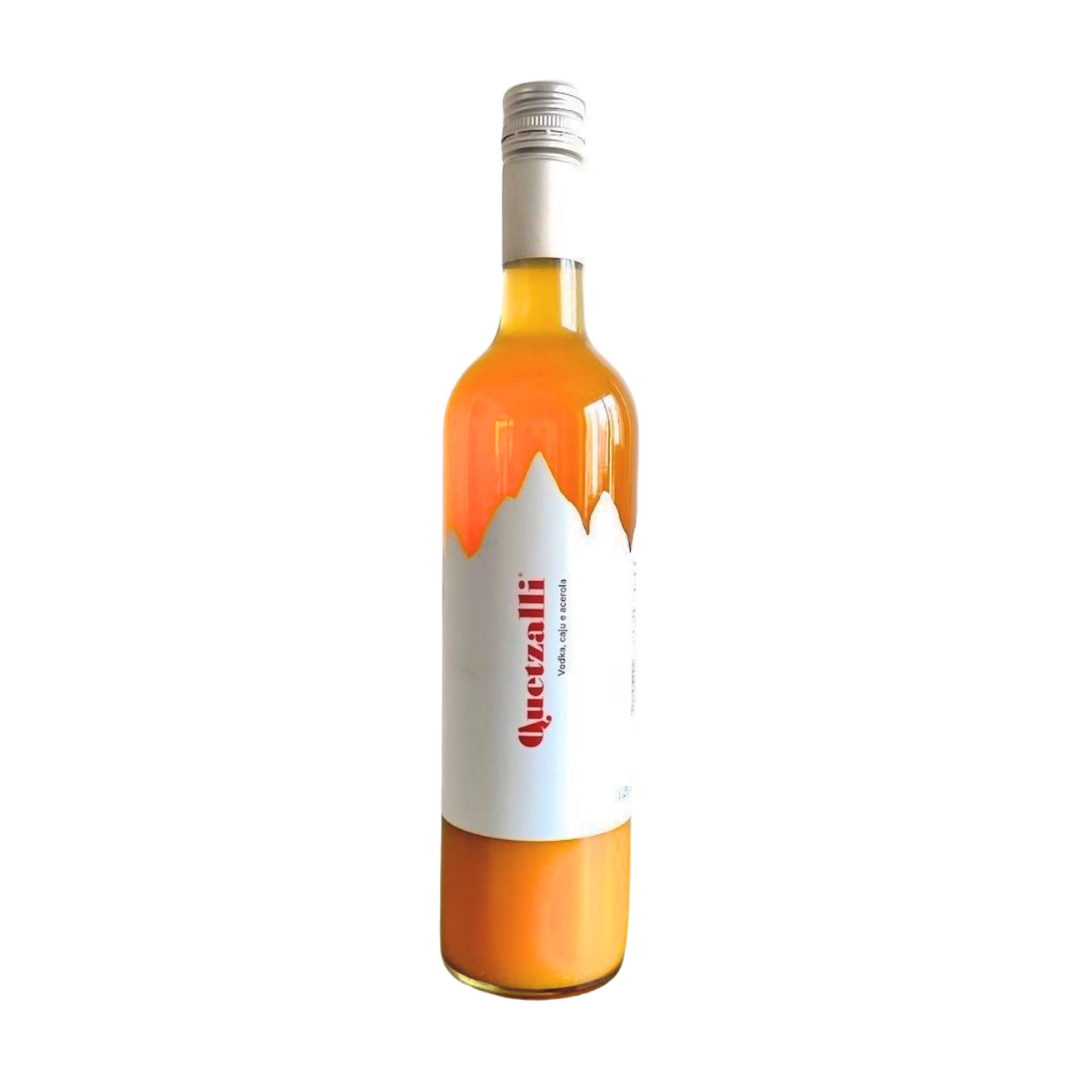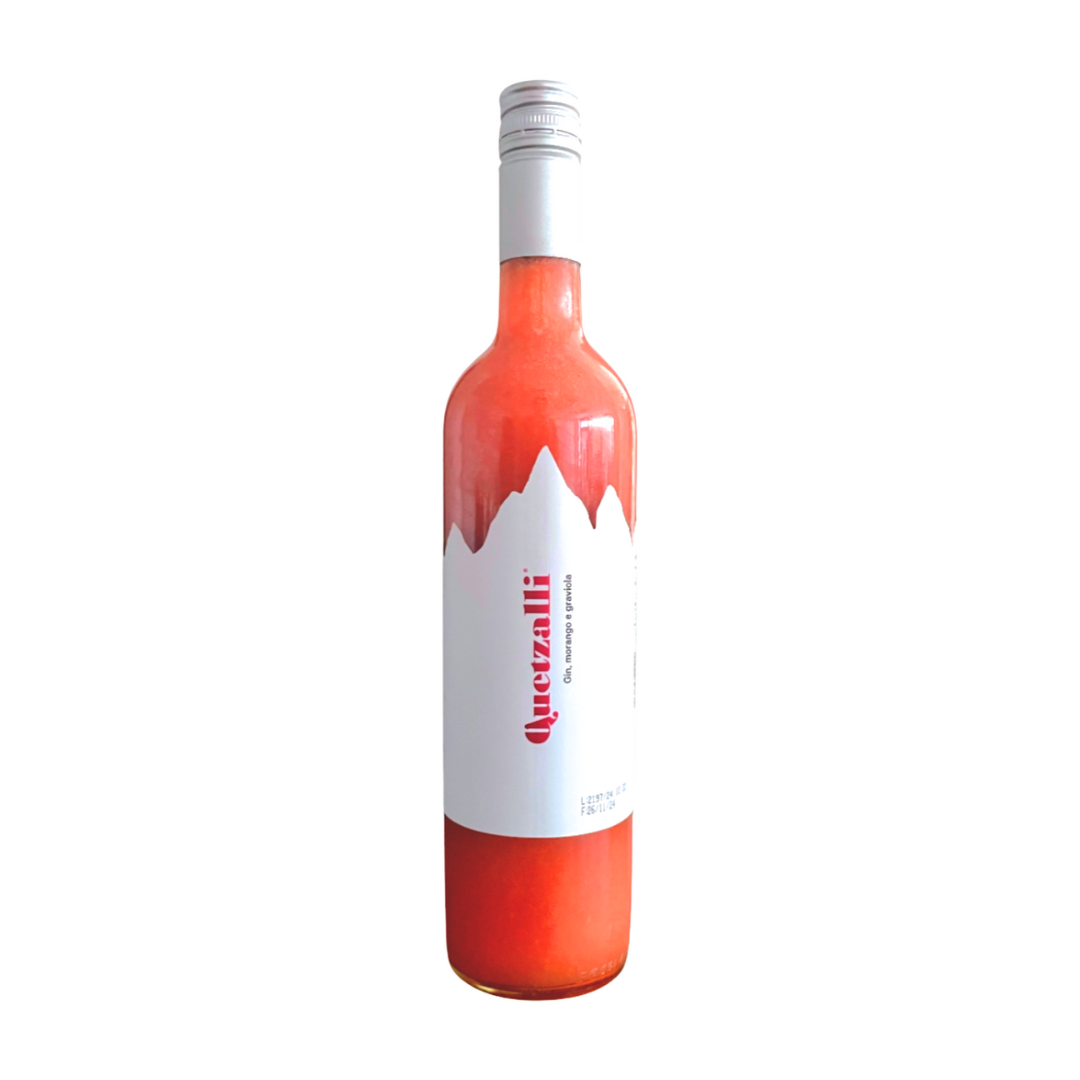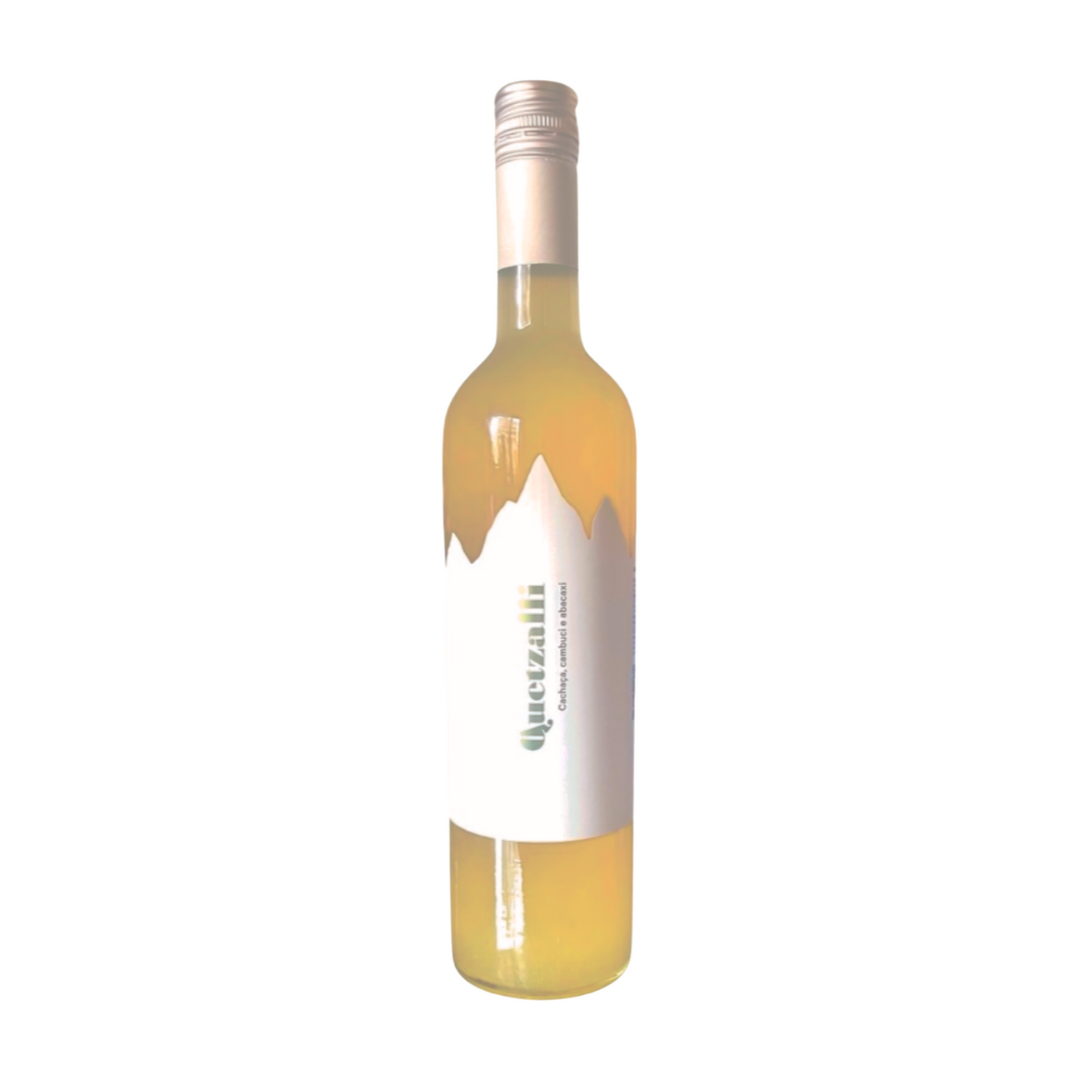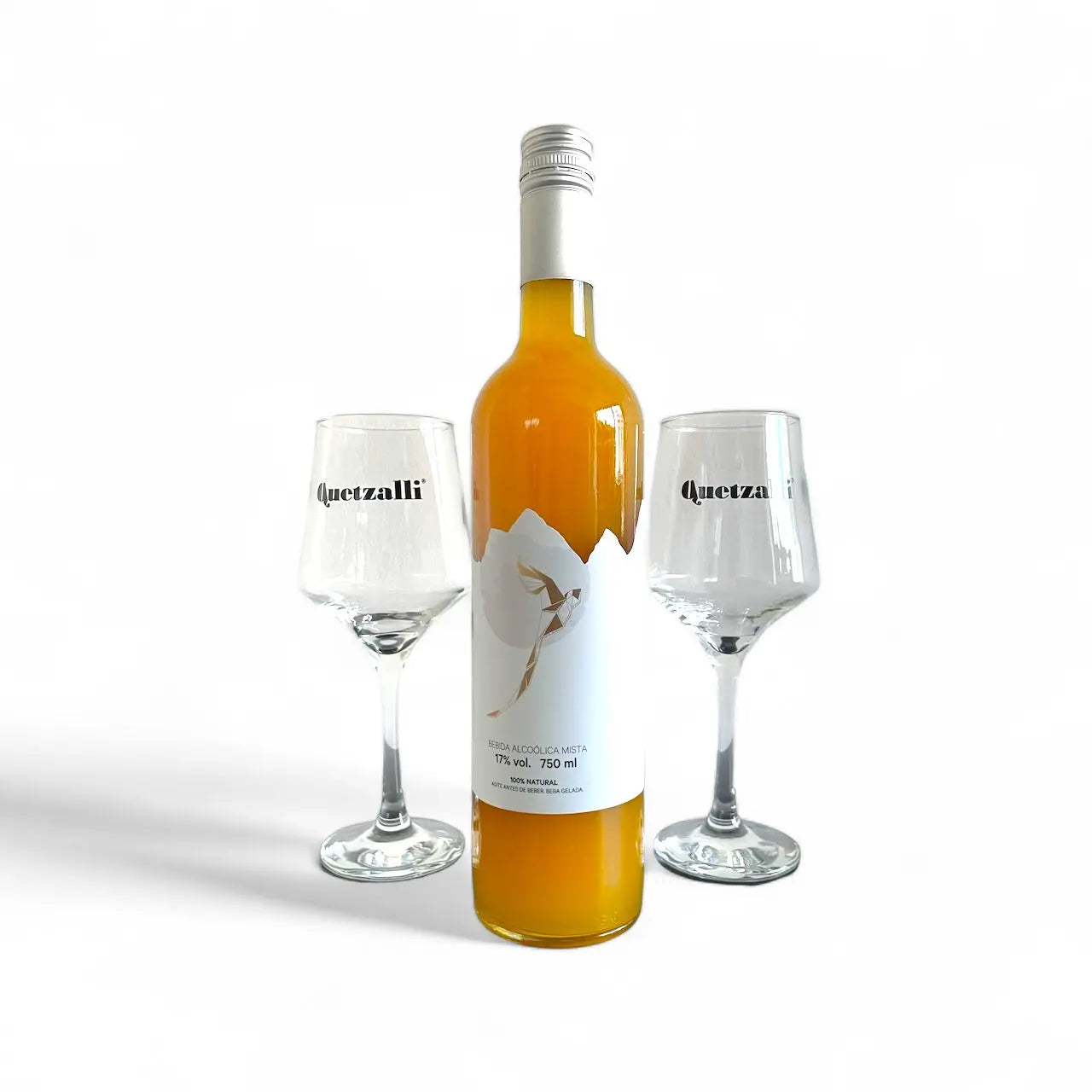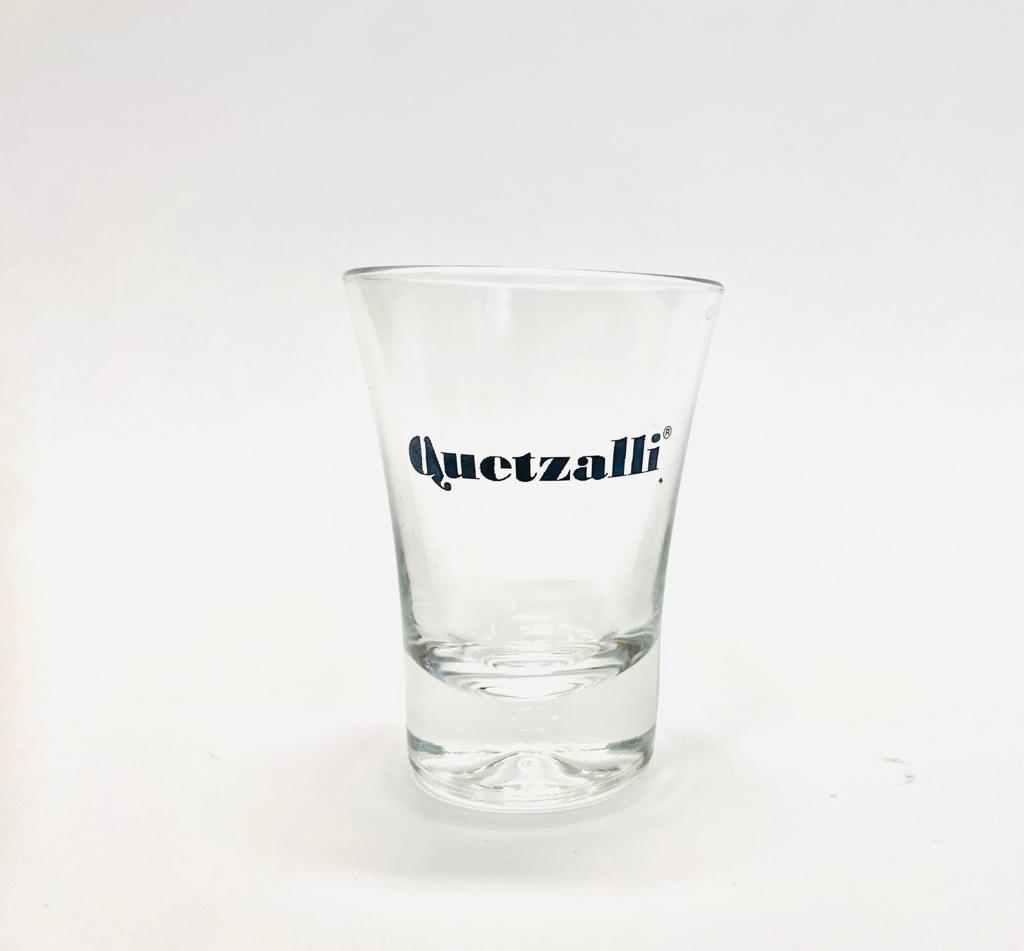Have you ever stopped to think about why a toast is called a toast? And why we wish each other health? Does it make sense that the English term is toast? Like other everyday words and traditions, this one is surrounded by mixed and conflicting stories. The folklore surrounding this pre-drinking ritual is multicultural: it's said to have originated in Ancient Egypt, changed during the Middle Ages, and even kings influenced the tradition. It's impossible to know what's truly true, but like every good story, it has a happy ending.

Offerings
to the gods
The Greeks and Romans had a god of wine, Dionysus/Bacchus. So, of course, to honor him, it was essential to drink and celebrate. In Greece, glasses were raised high to signal an offering to the Olympian gods. In Rome, the custom was to share a little: the Romans poured wine on the tables and floor as an offering to Bacchus. This was very common at important banquets, such as after someone's death. Hence the idea of toasting health: the living offered wine to the gods as a form of protection. Another myth that arose from Dionysus was that of the senses: drinking with loved ones awakens the senses of taste, sight, touch, and smell. But hearing is missing, right? And if we can't hear the wine, well, we'll hear the toast!
End of the War
A more macabre story about the origins of toasting stems from the end of conflicts in the Middle Ages. As a way to prove that a ceasefire was official, at the end of a war, ancient kings would hold a banquet. To prove the drink wasn't poisoned (a common way to assassinate enemies at the time), the victor would lift the cup and drink from it first. The tradition of clinking glasses together arose in the same way: if you tried to poison someone, you would literally have to swallow the consequences.

Toast on high
The English expression for making a toast is "to raise a toast," literally "to raise a toast." What kind of toast is that? Well, this story also comes from the Middle Ages. There were no advanced winemaking techniques back then, much less hygiene. This resulted in an acidic wine full of debris, which, of course, wasn't so pleasant to drink. But instead of staying sober, people in England came up with another solution: placing a piece of bread in the glass helped cut the acidity (due to the bread's yeast) and filter out unwanted impurities. Another English expression that has come down to us is "bottoms up," which means upside down. Or, in a very Brazilian expression, "to turn the drink upside down."
Salute, salud, Prost!
And the word "brinda" itself? Well, that's the subject of multinational controversy. Some say it originated as a tribute to the city of Brindisi. For Spanish speakers, the expression is "hacer un brindis," so it makes perfect sense that Portuguese adopted the idea. A more unusual theory is the German one: "brinda" is a derivative of "ich bring dir" (literal translation: "I bring to you"), an expression used to mean "I drink in your honor." Traditionally, Germans clink beer mugs at the table to show appreciation for others. So, it's probably a mix of all these stories. If someone raises a glass in a toast today, it's because people around the world have done it before in various languages.

“Arriba, abajo, al centro, y adentro!”
The tequila movement
If wine is lifted to the heavens and beer hits the table, what about tequila? Well, it depends on how you're going to consume it, of course! Here at Quetzalli, we believe tequila is a versatile beverage, so we created a drink based on it, honoring its multiplicity. One of the signature tequila toasts is "Up, down, center, and inside!" It follows a ritual: grab your glass, raise it high, pull it back, bring it to the center with your friend's glass (clink!), and return, pouring the drink back. While tequila deserves to be savored beyond shots, the ritual itself is valid: after all, sharing with friends is always more fun, right?
Rituals and union
Did you notice that despite its uncertain origins, the ritual of toasting is a human story? The cool thing about it all is that, from the beginning, it was a way to honor what matters, wish health, and seal friendships. Sharing a table, fellowshipping, and celebrating is a tradition that spans eras, continents, and languages. Next time, you know: cheers! Did you know that Quetzalli was created to celebrate good times? Learn about our history!



